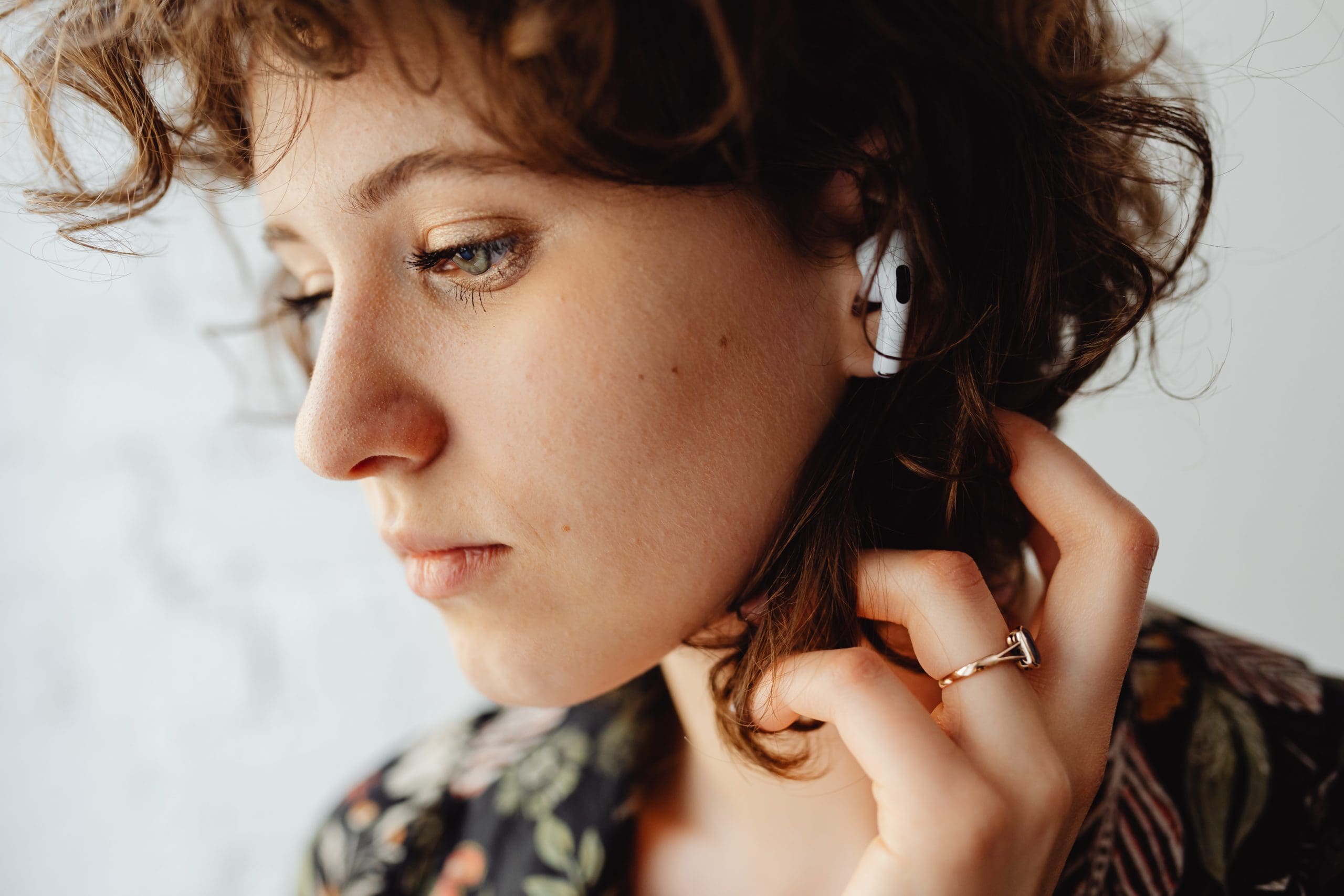Between nights out, noisy work environments and soundtracking our lives to our favorite playlists on our earbuds, hearing loss might be the last thing on our minds. At one point, noise-induced hearing loss (NIHL) was mostly connected with high volumes in the workplace, but as our world has become busier, it’s also louder, with more noise sources creating more potential for hearing-related health problems across the board, and not just for older generations.
Turn It Down
Younger people in particular are thought to be at greater risk of NIHL. A study published in BMJ Global Health found that 24% of people aged between 12 and 34 years of age were engaging in unsafe listening while using devices such as headphones. A further 48% were at risk at least monthly through attending events with high levels of noise. While the reopening of nightclubs is cause for celebration, it’s difficult to enjoy your night if you’re concerned about the noise causing permanent hearing damage.
Noisy Workplaces
As any open-plan office worker can attest, noise can present itself as a major distraction when you’re trying to get things done, but in some environments, it can be a serious health risk. According to IOSH, the upper threshold for hearing-related pain is 140 db (decibels). At the lower end, a quiet office is about 40 to 45 db. Sounds below 70 db are relatively safe, but the higher you go, the more risk there is.
Higher up on the scale, power tools are 90 to 100 db, followed by chainsaws, angle grinders and rivet hammers (so that’s anyone who works in construction), and right near the top, the sound of an aircraft taking off, between 120 and 140 decibels.
Preventative Measures
In some instances, hearing loss is temporary, but if essential parts of the ear (especially the cochlea) are damaged, it can be permanent. The key thing to note is that while some forms of hearing loss are hereditary, NIHL is preventable. Here are some steps you can take to protect your ears.
- If you have children, avoid buying toys that make excessive noise and seek out toys with additional volume control features or an on/off switch. Remember that children tend to put their ears close to noise-making toys, so the volume may be louder for them.
- Wherever you are, limit the amount of time you spend doing noisy activities and keep the volume on your music or podcasts at a safe level. If you work in a noisy environment , wear some form of hearing protection like ear-plugs and slot in some quiet “recovery time” afterwards to let your ears recover.
Hearing Loss: What to Listen For
Some warning signs of hearing loss include feeling as though people are muffled when they talk, difficulty following conversations where there is background noise (such as coffee shops), or ringing in the ears (this may be a sign of tinnitus).
If you are experiencing any of these or have any other concerns about your hearing, speak with your doctor. HearCanada is another great resource: as well as their range of audiology devices they also offer useful information and hearing-related support to help support your ear health.

November 14th, 2024 at 11:32 pm
เครื่องจักรสำหรับรื้อถอนต้องผ่านการตรวจสอบอย่างละเอียด
November 14th, 2024 at 11:33 pm
วิศวกรตรวจสอบความปลอดภัยก่อนเริ่มรื้อถอน
November 15th, 2024 at 12:26 am
รื้อถอนบ้านเก่าทำให้มีพื้นที่กว้างขวางสำหรับสวนสาธารณะ
November 15th, 2024 at 12:49 am
อุปกรณ์ที่ใช้รื้อถอนต้องสามารถทำงานได้อย่างแม่นยำ